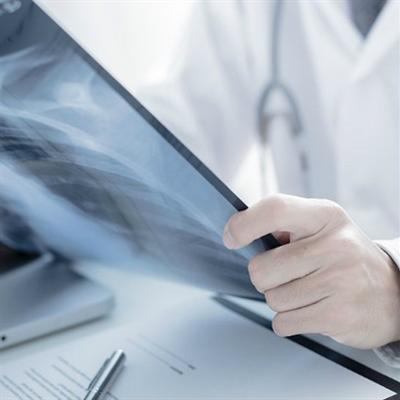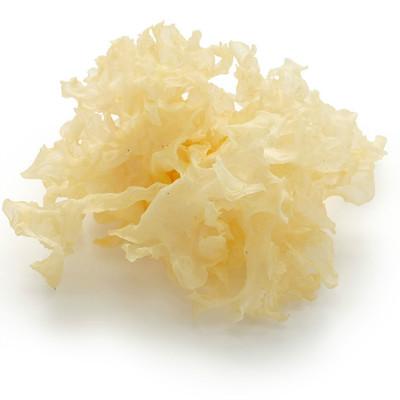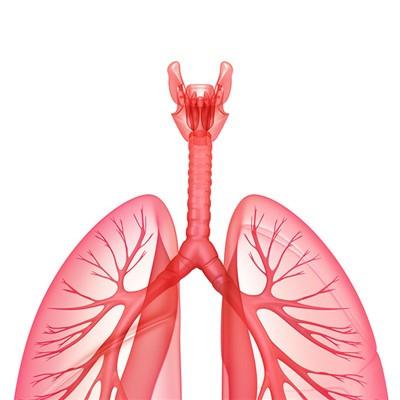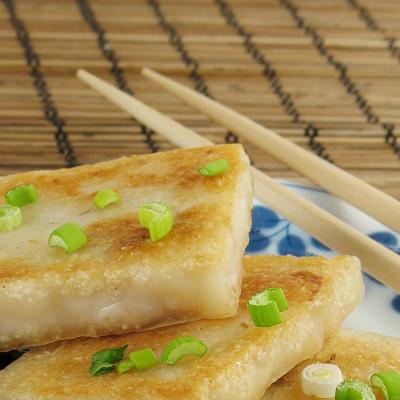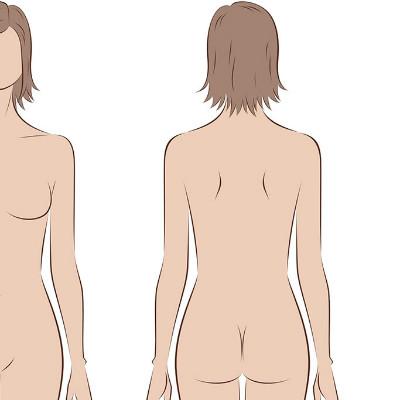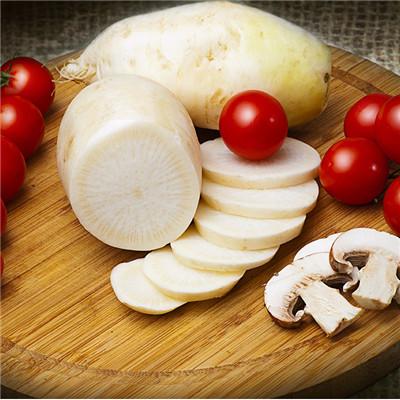Symptoms of pleuropneumonia
summary
Pleuropneumonia refers to acute pulmonary parenchymal infection including alveolar cavity and interstitial tissue. According to the extent of disease, it can be divided into lobar pneumonia, segmental or lobular pneumonia, bronchopneumonia and interstitial pneumonia. According to the etiology, it can be divided into virus, mycoplasma, Rickettsia, bacteria, fungi and so on. The most common cause of infection in adults is bacterial infection, such as Streptococcus pneumoniae, anaerobic bacteria, Staphylococcus aureus, etc., while Mycoplasma pneumoniae is a common cause of infection in older children and young people. The main pathogens of pneumonia in infants and children are viruses, including respiratory syncytial virus and adenovirus. Pneumonia belongs to the category of "wind warm cough" in traditional Chinese medicine. Let's talk about the symptoms of pleuropneumonia.
Symptoms of pleuropneumonia
The initial stage is irritative dry cough, and then white mucus sputum or bloody sputum can be coughed up. After 1-2 days, mucus blood sputum or rust colored sputum can be coughed up, and purulent sputum can also be coughed up. In the dissipative stage, the amount of sputum increases, and the sputum is yellow and thin.
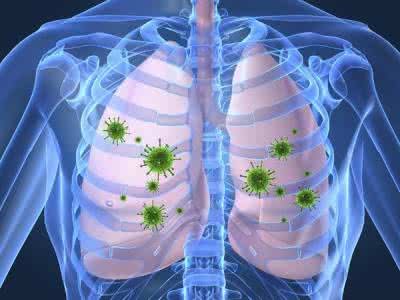
More severe side chest pain, often needle like, with cough or deep breathing and aggravation, can radiate to the shoulder or abdomen. If it is lower lobe pneumonia, it can stimulate septal pleura and cause severe abdominal pain, which is easy to be misdiagnosed as acute abdomen. Dyspnea, rapid and shallow breathing are caused by insufficient ventilation, chest pain and toxemia. When the condition is serious, it will affect the gas exchange and cause the decrease of arterial oxygen saturation and cyanosis.
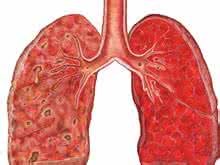
A few of them have gastrointestinal symptoms such as nausea, vomiting, abdominal distension or diarrhea. Severe infection can appear blurred consciousness, irritability, drowsiness, coma, etc., moderate drinking water and eating fruit, which is very beneficial to the recovery of pneumonia, most fruits are beneficial to the disease, but should not eat sweet and warm fruits, such as peach, apricot, plum, orange, etc., so as not to help heat and phlegm.
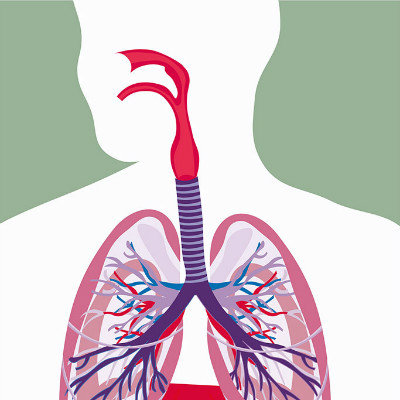
matters needing attention
Avoid acid, konjac, animal fat, pungent, spicy, smelly and fishy food, and usually eat vegetable oil; The food should be highly nutritious, light and easy to digest. Don't eat big fish, big meat or too greasy food, so as to avoid the middle coke being restrained, the transportation and chemical disadvantageous and the nutrition being insufficient. Quit smoking and alcohol, reduce physical damage, because tobacco and alcohol are hot products, can stimulate the throat and trachea, cause local congestion, edema, pneumonia.




